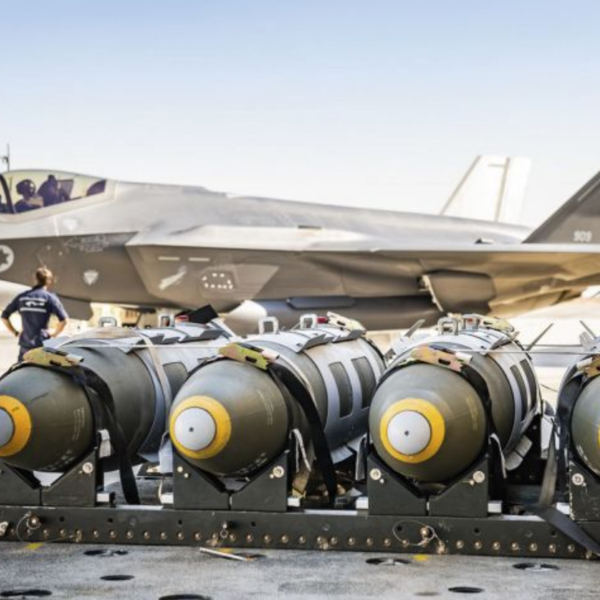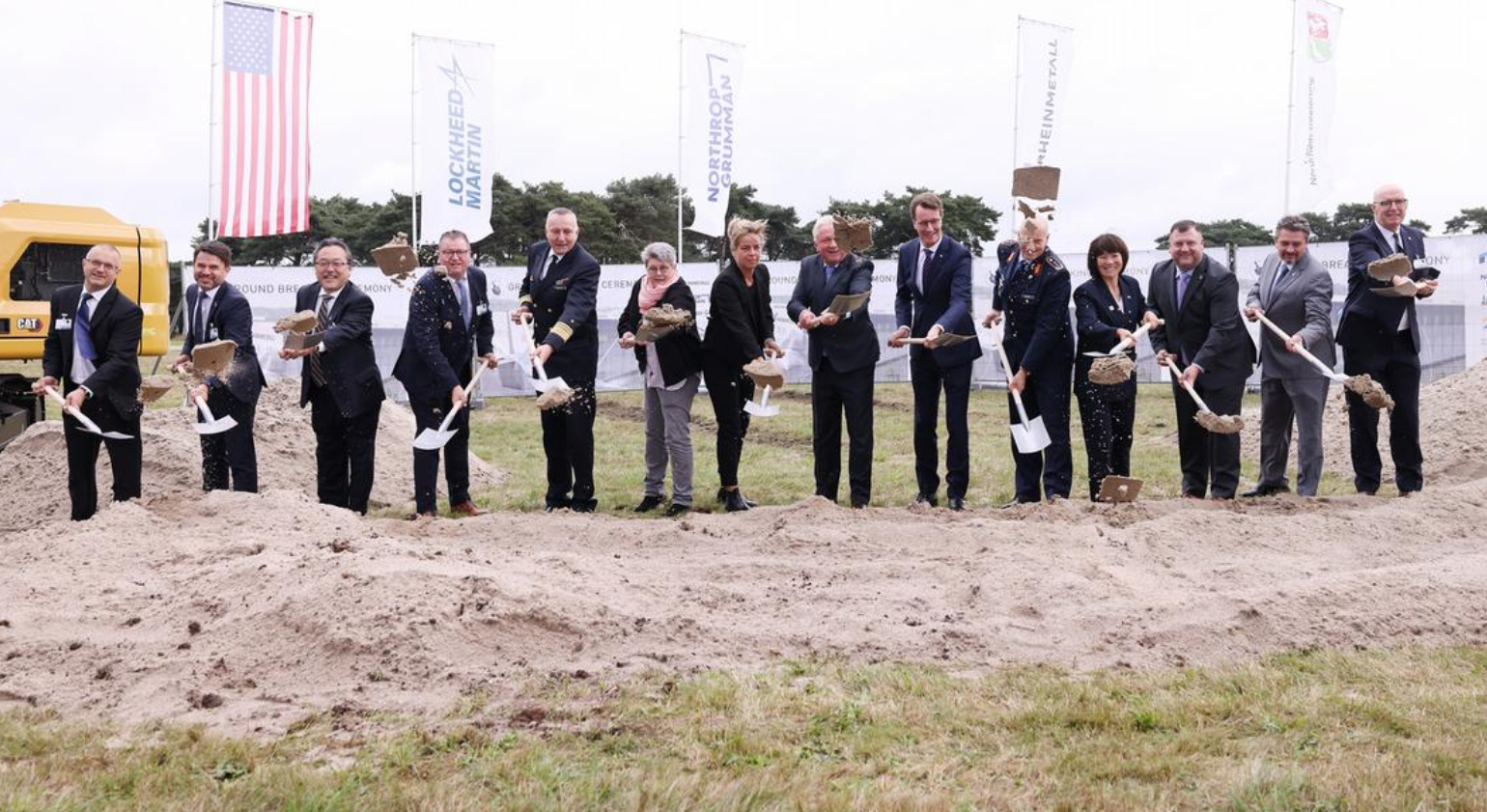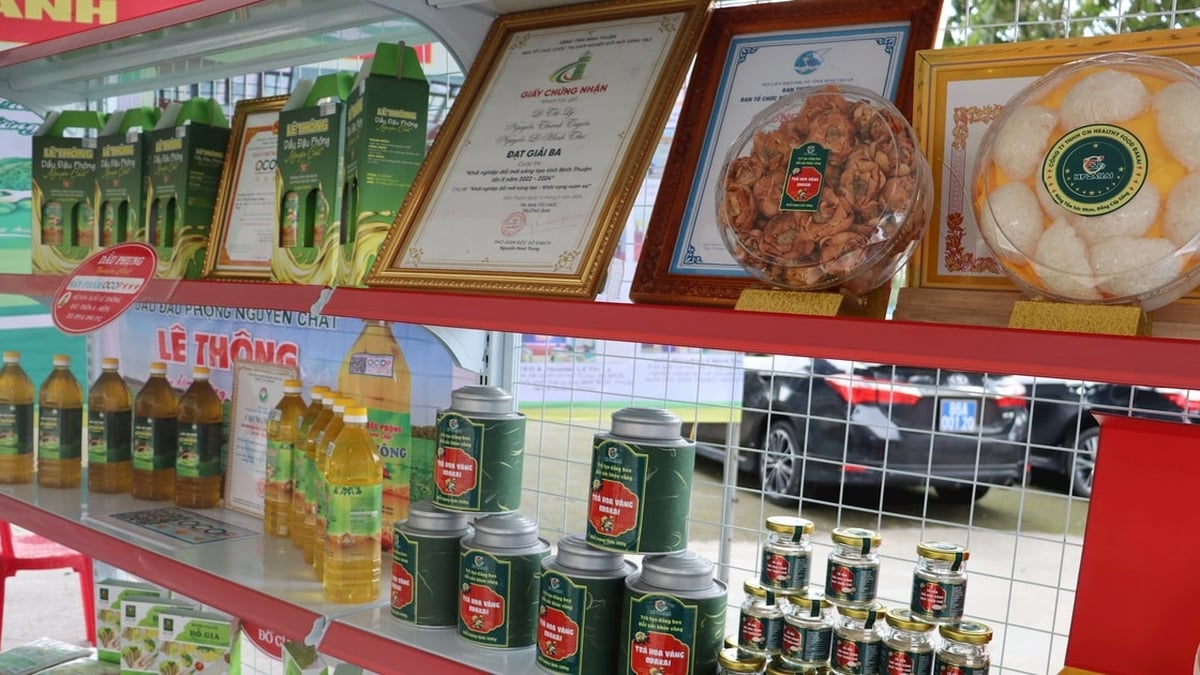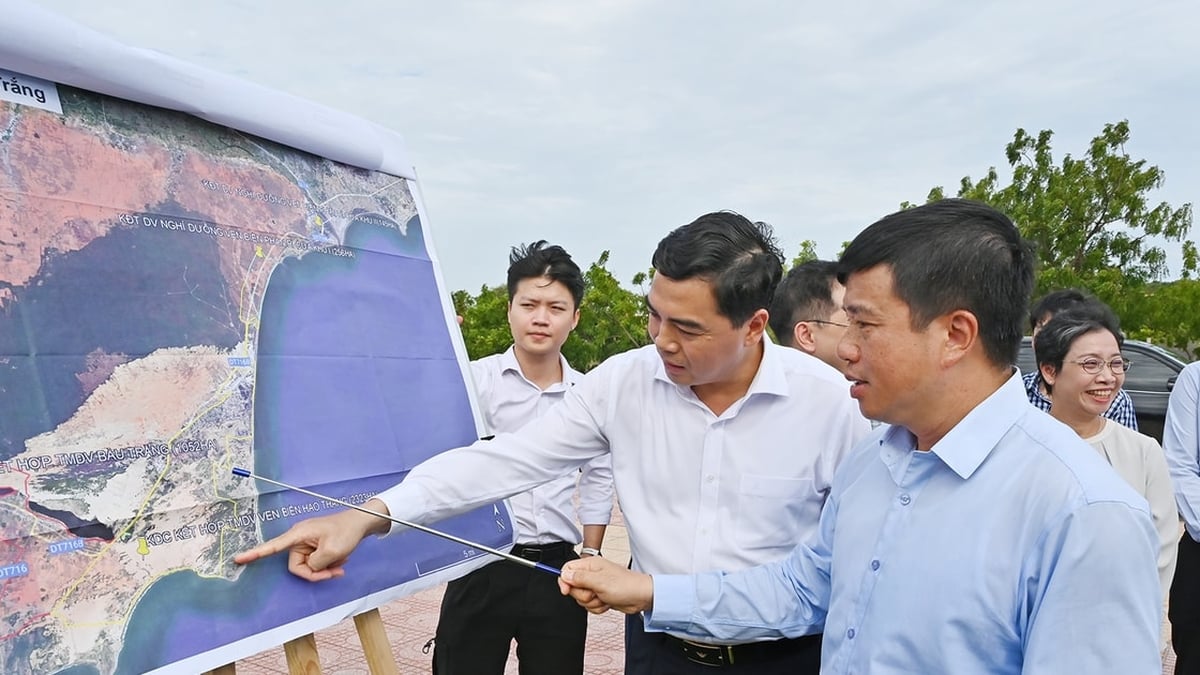The Pentagon recently outlined plans to build thousands of autonomous weapons such as unmanned aerial vehicles (UAVs) within two years as the Russia-Ukraine conflict increases demand for military hardware, the Wall Street Journal reported on September 2.
However, according to the US newspaper, a shortage of chips, machinery and skilled workers has limited the ability of US defense companies to increase domestic production capacity.
As a result, the US Department of Defense is encouraging defense contractors to pursue a policy of Friendshoring. That means relaxing regulations on overseas manufacturing and sharing military technology with manufacturers in allied countries, such as Germany, Poland and Australia.
New approach
Undersecretary of Defense for Acquisition Bill LaPlante recently said the US Defense Department plans to announce a series of deals in the coming months to establish weapons production lines in Europe and elsewhere.
“What we aim for is to co-develop, co-produce and co-maintain with our partners,” said Mr. LaPlante.
The new approach has facilitated deals in which Polish companies produce US-designed Javelin missiles – widely used in Ukraine – and German companies produce parts for Lockheed Martin F-35 jet fighters and a new type of missile launcher.
The United States has pledged more than $40 billion in weapons, ammunition and supplies to Ukraine since Russia invaded the Eastern European country more than 18 months ago, but it has taken longer than the Pentagon expected for U.S. defense companies to ramp up domestic production capacity to maintain U.S. inventories.
Instead, US and allied defense companies are looking to tap and expand manufacturing capacity abroad.

Ukrainian soldiers in the Zaporizhzhia region train at the front with US-made weapons, March 4, 2023. Photo: Getty Images
American companies manufacturing weapons and military equipment abroad is nothing new, with Lockheed Martin, RTX and General Dynamics all having manufacturing facilities abroad through acquisition deals.
Most overseas manufacturing, however, takes place within a framework known as “offset agreements,” in which customers agree to buy American weapons in exchange for some manufacturing and jobs taking place in their own countries.
One of the most important efforts to boost production through cooperative agreements is the trilateral alliance between Australia, the UK and the US, known as AUKUS.
The AUKUS Treaty is not just about supplying submarines to Australia. It also includes using Australia as a manufacturing site for armed drones, rocket engines and other equipment for the Pentagon.
“AUKUS is a game changer,” said Alek Jovovic, a leading aerospace and defense expert at consulting firm Oliver Wyman, pointing to the transfer of technology between the US and Australia.
In late May, US President Joe Biden, in a joint statement with Australian Prime Minister Anthony Albanese, said the US would take steps to amend its laws to streamline technology sharing with Australia.
The change would see Australia classified as a “domestic source” under the Defense Production Act of 1950, alongside the US and Canada.
Looking for a new framework
In Europe, plans to increase defense budgets by countries on the “old continent” following the conflict in Ukraine have also encouraged US companies to invest more in the region and pursue more joint ventures.
Berlin’s $8.8 billion order for F-35 fighter jets has opened the door for Germany to join a multinational consortium building parts for the stealth aircraft. US aerospace and defense giant Northrop Grumman has selected Rheinmetall, a major German manufacturer of ammunition and tank parts, to build the central fuselage sections of the aircraft in a new joint venture.
The German company fills the void left by Turkish companies after Ankara was kicked out of the F-35 program in 2019 because it opted to buy a Russian missile defense system that could compromise the effectiveness of the US fighter.
However, Rheinmetall will not only fill the gap left by Türkiye but also provide additional capacity, said Dave Keffer, CFO of Northrop Grumman.
Poland's military overhaul is even bigger than Germany's, with billions of dollars worth of orders placed over the past year for equipment from the United States, South Korea, Türkiye and elsewhere.

German arms manufacturer Rheinmetall will start producing parts for the F-35 stealth aircraft from 2025 at a new factory, under the framework of cooperation between Rheinmetall and two US companies that produce the F-35, Lockheed Martin and Northrop Grumman. Photo: DW
Lockheed Martin and RTX – two makers of the Javelin anti-tank missile – are in talks with Poland's Mesko, part of state-owned arms conglomerate PGZ, to produce Javelins and components of the Patriot missile defense system, according to representatives of the companies.
Mesko CEO Przemysław Kowalczuk said the timing of a final deal on Javelin production depends on the US State Department, which has the final say on such deals.
The Pentagon and the State Department are working on a new framework to streamline approvals for such joint ventures and co-productions, said Lockheed CEO Frank St. John.
The downsides of outsourcing manufacturing include exposing U.S. defense companies to currency fluctuations and broader political winds.
When Türkiye was kicked out of the F-35 program, the Pentagon estimated it would take a year to find an alternative to Turkish suppliers. But it took three years to do so.
US military officials have insisted that the current stockpile of missiles and artillery shells is sufficient to meet the threats facing the US. The US military declined to comment on whether the expected additional production capacity through Friendshoring would factor into the Pentagon’s goals for increased production, which include plans to triple production of 155mm artillery shells over the next 18 months to 80,000 per month .
Minh Duc (According to WSJ, The Conversation)
Source



































































































Comment (0)